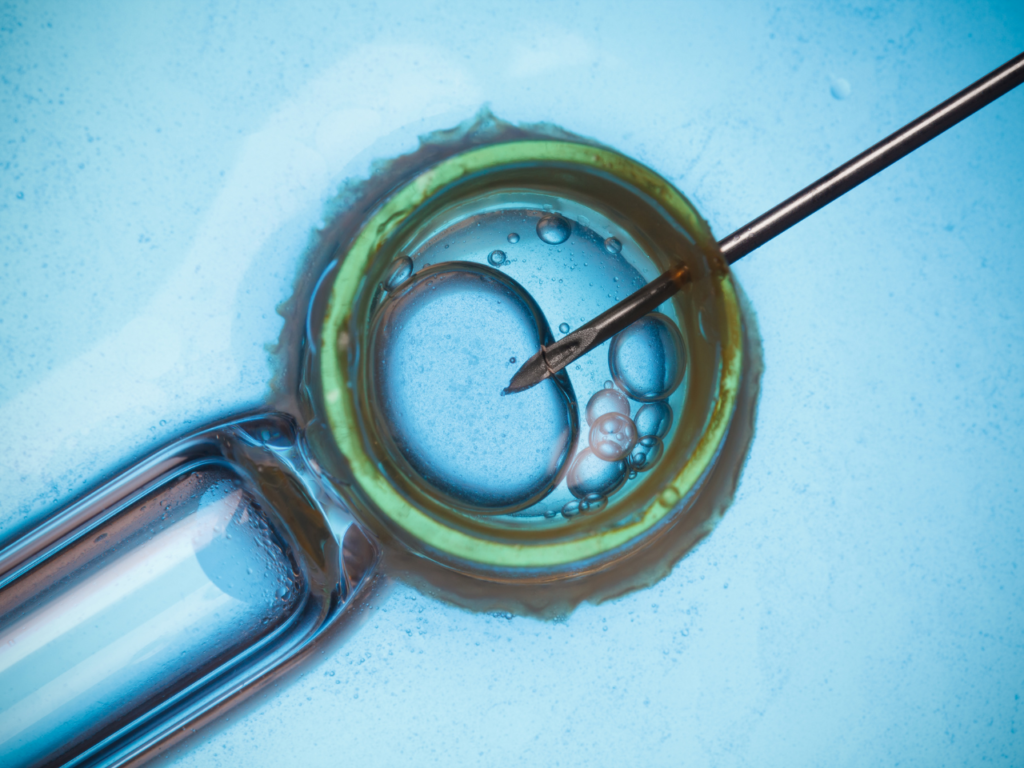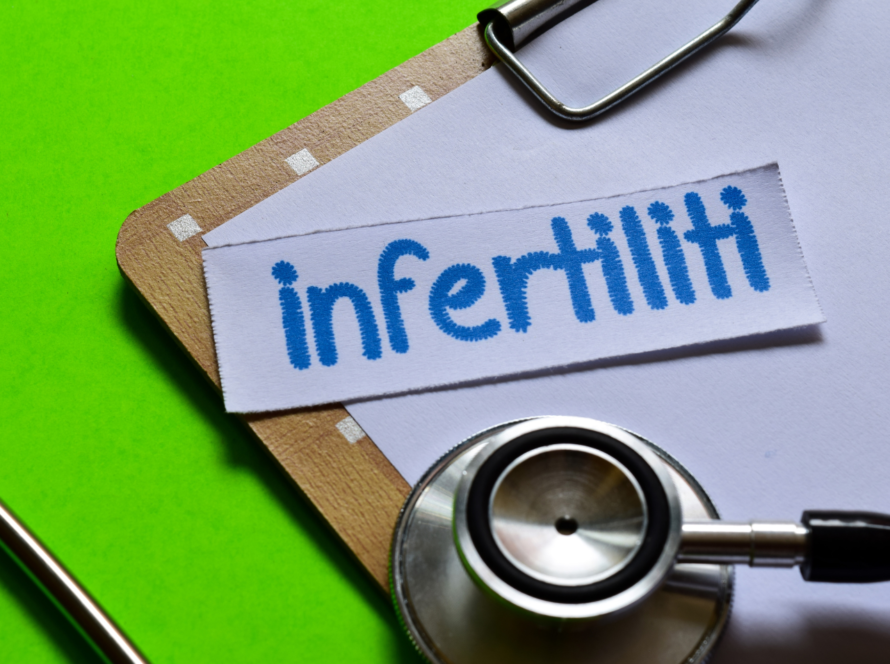The success of IVF (In Vitro Fertilization) largely depends on the quality of the eggs retrieved during the process. Poor egg quality can result in failed fertilization, poor embryo development, and ultimately, unsuccessful implantation.
While age plays a critical role in determining egg quality, there are natural ways to improve egg health that can enhance the chances of a successful pregnancy. At Mithran Fertility Center, Chidambaram, we guide our patients through proven techniques to boost egg quality naturally, optimizing IVF success.
This comprehensive guide highlights natural strategies to improve egg quality, empowering women to take control of their fertility journey.
Why is Egg Quality Important for IVF Success?
IVF is a complex process, and success depends on multiple factors, including egg and sperm quality, embryo development, and uterine receptivity. When any of these factors are compromised, the chances of a successful pregnancy decrease.
Top 5 Natural Ways to Improve Egg Quality for IVF Success
1. Nourish Your Body with Antioxidants and Vitamins
Antioxidants play a crucial role in protecting eggs from oxidative stress and cellular damage, which can affect their quality. Incorporating fertility-friendly vitamins and antioxidants can significantly boost egg health.
Essential Antioxidants and Supplements:
Coenzyme Q10 (CoQ10): Enhances mitochondrial function, improving egg quality and embryo development.
Vitamin D: Supports ovarian health and regulates reproductive hormones.
Folic Acid: Reduces the risk of chromosomal abnormalities and promotes healthy cell division.
Omega-3 Fatty Acids: Improves egg membrane integrity and boosts overall reproductive health.
Vitamin C and E: Protects eggs from oxidative damage.
Tip: Take a daily prenatal supplement rich in these antioxidants for at least 3-6 months before starting IVF.
2. Eat a Balanced Diet and Stay Hydrated
A nutrient-rich diet helps balance hormones, improve ovarian function, and enhance egg quality. Eating fertility-boosting foods can increase the chances of successful fertilization.
Fertility-Boosting Foods:
Leafy Greens and Berries: Rich in antioxidants that reduce oxidative stress.
Avocados and Nuts: Provide healthy fats that support hormonal balance.
Whole Grains and Legumes: Regulate insulin levels and improve egg health.
Eggs and Fish: High in protein and omega-3 fatty acids to improve egg membrane quality.
Tip: Drink at least 2-3 liters of water daily to stay hydrated and promote cellular health, ensuring optimal egg quality.
3. Reduce Stress and Improve Mental Health
Chronic stress releases cortisol, a hormone that negatively impacts reproductive hormones and disrupts the menstrual cycle, leading to poor egg quality. Managing stress can significantly improve fertility outcomes.
Stress-Reduction Techniques:
Yoga and Meditation: Promotes relaxation and enhances blood flow to the reproductive organs.
Acupuncture: Improves uterine blood flow and supports ovarian function.
Mindfulness and Breathing Exercises: Lowers cortisol levels and improves overall well-being.
Tip: Engage in stress-relief practices at least 3-4 times a week to create a positive environment for IVF success.
4. Maintain a Healthy Weight and Balanced BMI
A healthy weight improves hormonal balance and enhances ovarian function, directly impacting egg quality. Both underweight and overweight women may experience hormonal imbalances that affect ovulation and egg production.
Ideal BMI for Fertility:
Maintain a BMI between 18.5 and 24.9 for optimal fertility outcomes.
Excess body fat can increase insulin resistance, affecting egg quality and ovulation.
Tip: Incorporate regular exercise and a balanced diet to maintain a healthy weight and optimize fertility.
5. Limit Exposure to Toxins and Environmental Pollutants
Exposure to environmental toxins, chemicals, and pollutants can damage ovarian follicles and reduce egg quality. Minimizing exposure to harmful substances helps protect reproductive health.
Tips to Reduce Toxin Exposure:
Avoid Plastics and BPA: Use glass or stainless steel containers for food and water.
Choose Organic Produce: Reduce pesticide exposure by opting for organic fruits and vegetables.
Avoid Smoking and Alcohol: Both significantly impair egg quality and fertility.
Limit Caffeine Intake: High caffeine consumption is linked to reduced fertility.
Tip: Switch to non-toxic household products and limit exposure to harsh chemicals to improve egg quality.
How Long Does It Take to Improve Egg Quality?

Improving egg quality is a gradual process that typically takes 3-6 months. The egg maturation cycle lasts around 90 days, during which lifestyle changes and supplements can positively impact egg health.
Tip: Start preparing at least 3 months before your IVF cycle to allow time for these changes to enhance egg quality effectively.
Additional Strategies to Boost Egg Quality Naturally
1. Get Adequate Sunlight for Vitamin D
Vitamin D deficiency can lead to poor egg quality and affect hormone regulation. Spend at least 15-20 minutes in the sun daily to maintain healthy vitamin D levels.
2. Prioritize Quality Sleep
Poor sleep patterns disrupt hormonal balance, affecting ovarian function. Aim for 7-8 hours of restful sleep each night to support reproductive health.
3. Reduce Sugar and Processed Foods
High sugar intake leads to insulin resistance, negatively impacting egg quality. Reduce processed foods, refined sugar, and trans fats to maintain hormonal balance.
FAQs
Yes, supplements like CoQ10, DHEA, folic acid, and omega-3 fatty acids enhance mitochondrial function and protect eggs from oxidative stress, improving overall egg quality.
It takes approximately 3-6 months of consistent lifestyle changes to improve egg quality and positively impact IVF outcomes.
Yes, chronic stress increases cortisol levels, which can disrupt ovulation and lower egg quality. Reducing stress through relaxation techniques can improve IVF outcomes.
Fertility-boosting foods like leafy greens, berries, avocados, and omega-3-rich fish improve egg quality by providing essential nutrients.
Yes, maintaining a healthy BMI (18.5-24.9) supports hormonal balance and improves egg quality, increasing the chances of successful IVF
Conclusion
Improving egg quality naturally is possible through healthy lifestyle changes, nutritional supplements, and stress management. By taking these steps, you can enhance egg health, boost IVF success rates, and increase the chances of a successful pregnancy.
At Mithran Fertility Center, Chidambaram, we are committed to supporting you on your journey to parenthood with expert guidance and personalized care.




